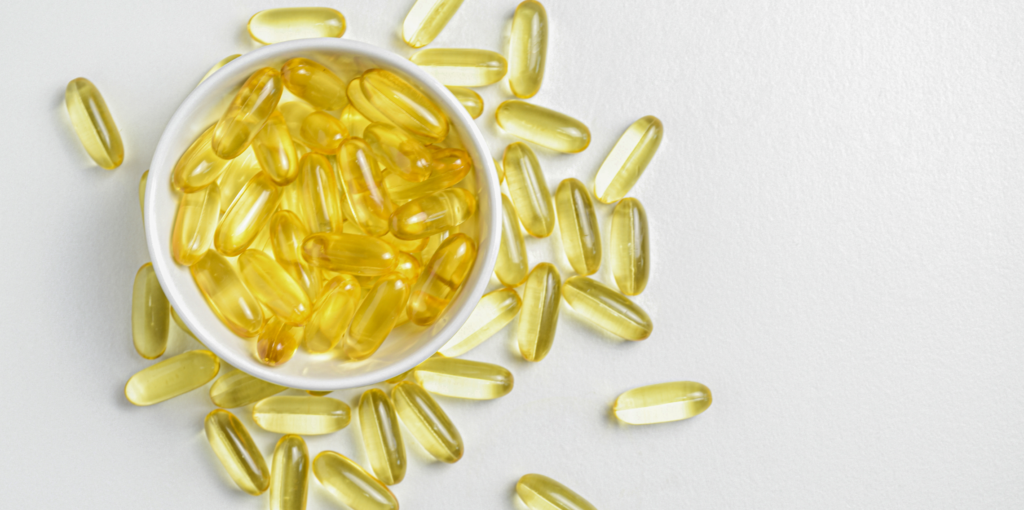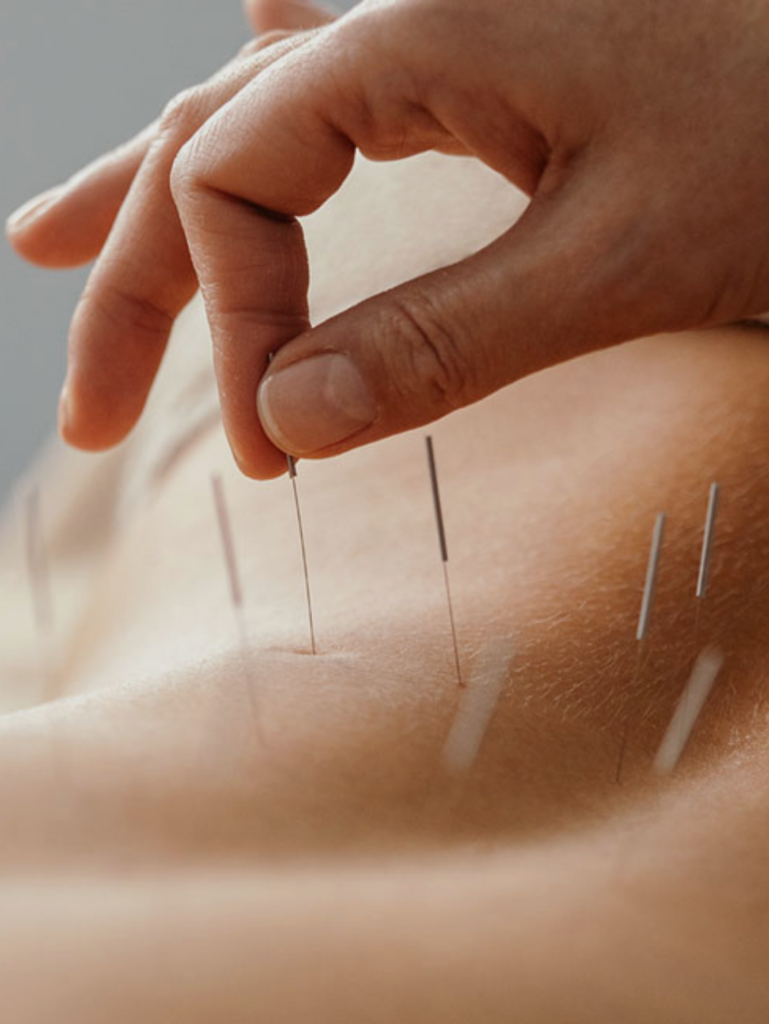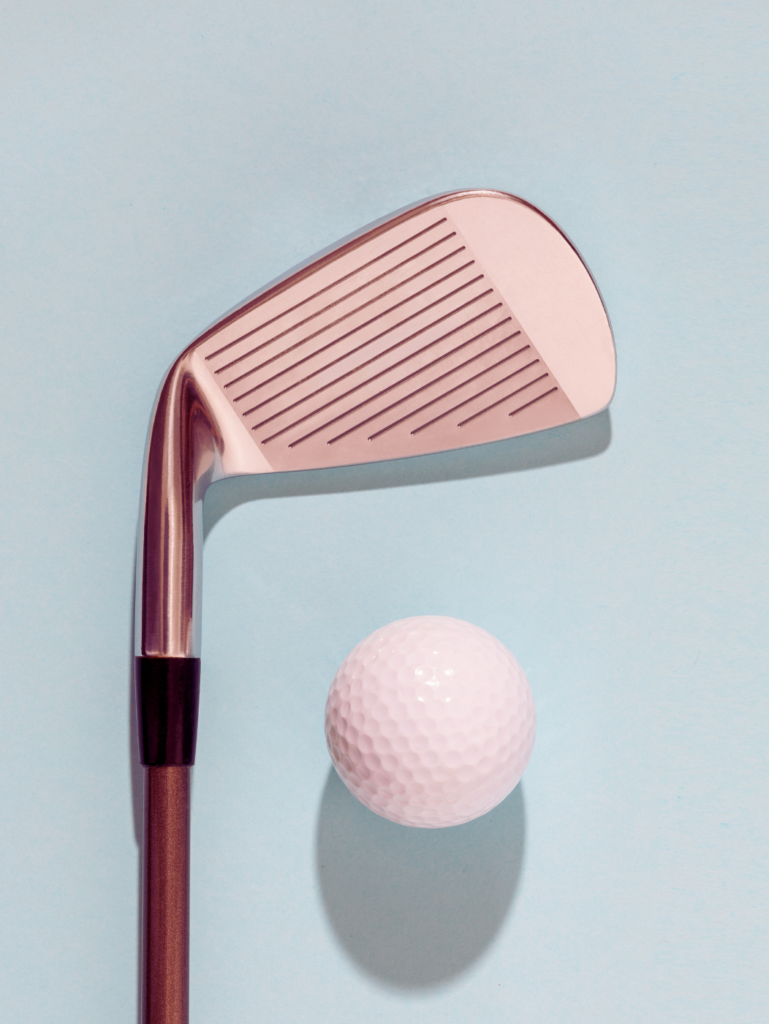Vitamin D as an Ally of Beauty and Energy
In our pursuit of beautiful skin and a strong body, we often overlook the power of vitamin D. Fortunately, our bodies can synthesize this vitamin naturally with just a few minutes of sun exposure. In addition to maintaining healthy bones, vitamin D helps fight inflammation, promotes cell regeneration and improves mood.
Understanding how to obtain and use this vitamin in a personal care context is crucial to delivering more complete spa experiences. Vitamin D not only improves the skin, but also brings balance and energy to those looking to feel good inside and out.
How Vitamin D Contributes to Skin Health
Vitamin D is a key player in cell regeneration, which prevents problems such as dryness, redness and more serious conditions such as psoriasis or eczema. By promoting a constant renewal of skin cells, it helps to keep the skin smooth and free of imperfections. In addition, vitamin D contributes to the production of collagen, delaying the visible signs of aging.
This nutrient also reinforces the skin’s antioxidant defenses, protecting it from damage caused by free radicals, which accelerate the appearance of wrinkles and blemishes. Therefore, maintaining optimal vitamin D levels is essential for healthy, glowing skin.
Sunlight: Natural and Effective Source of Vitamin D
Vitamin D stands out for its ability to be synthesized by the body itself when the skin is exposed to sunlight. UVB rays initiate a chemical reaction that converts a natural compound present in the skin into vitamin D3, the active form that our body can use.
Experts recommend between 10 and 20 minutes of daily sun exposure, as this habit can offer a series of benefits, such as:
- Mood regulation: The sun helps release serotonin, which reduces stress and improves mood.
- Improved skin texture: Vitamin D repairs damaged cells and reduces inflammation.
- Better night’s rest: Sun exposure adjusts circadian rhythms, improving sleep quality.
Vitamin D: More than a Vitamin, a Hormone Regulator
Unlike other vitamins, which are obtained mainly through diet, vitamin D acts more like a hormone. This duality is important because vitamin D synthesis depends not only on what we eat, but also on sun exposure.
Once produced, vitamin D is distributed throughout the body’s tissues, such as the skin, muscles and immune system, contributing to health in multiple ways.

Supplements or Sunlight? How to Get the Best Source of Vitamin D
While vitamin D supplements are useful in cases of deficiency, sun exposure remains the most efficient source. The benefits of sunlight go beyond vitamin D production, as they also activate additional processes in the body that cannot be replicated by supplements.
- Self-regulated production: The body controls the amount of vitamin D it produces according to its needs, avoiding excesses.
- Better absorption: Skin-generated vitamin D is more effective than synthetic capsule versions.
- Additional benefits: Sun exposure releases nitric oxide, which improves circulation and cardiovascular health.
When sun exposure is not possible, it is recommended to consult a professional before starting supplementation, thus ensuring an appropriate approach for each case.

Tips to Enjoy the Sun in a Safe Way
Although the sun is a powerful ally, excessive exposure can be harmful. Therefore, it is recommended to follow some practices to maximize the benefits of vitamin D without compromising skin health:
- Know your skin type: People with fair skin need less time in the sun than those with darker skin tones to get the same amount of vitamin D.
- Choose the right hours: The best time to expose yourself to the sun is before 10 a.m. or after 3 p.m., when radiation is less intense.
- Use natural sunscreens: Prefer sunscreens with zinc, avoiding products with aggressive chemicals.
- Wear light clothing: On sunny days, wear clothing that protects you without overheating your body.
These measures help to take advantage of sunlight without risk, thus complementing a self-care routine.
Vitamin D is a natural and effective resource for improving both skin health and physical and emotional energy. With responsible sun exposure and the proper use of supplements, it is possible to take full advantage of its benefits. Encouraging these healthy habits promotes a holistic wellness experience.
The sun not only brightens our days; it also strengthens the body and revitalizes the skin. Take advantage of its benefits in a responsible way!
Recommended Reading
Frequently Asked Questions
De 10 a 20 minutos al día suelen ser suficientes, dependiendo del tipo de piel y la ubicación.
Sí, aunque el protector solar puede reducir la producción, la exposición breve sin protección ayuda a mantener niveles saludables.
Fatiga, piel seca, dolores musculares y cambios de humor son signos comunes de deficiencia.
Depende de cada caso; es recomendable consultar con un profesional antes de suplementar.
Sí, la vitamina D combate la inflamación y favorece la producción de colágeno, ayudando a mantener una piel más joven.



